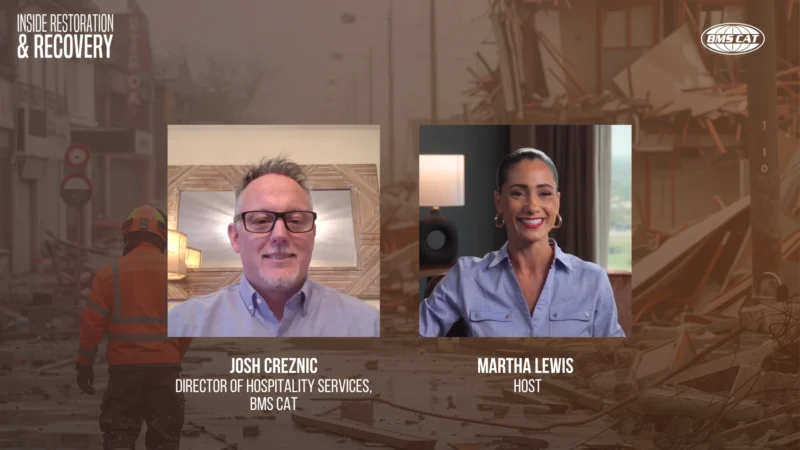How Hackers Are Checking Into Hotels
The digital world has opened up a set of issues and solutions when it comes to safety and security. In many ways it is a new frontier; suddenly, threats to our health and safety come from totally new areas, such as hacked door locks and drones outside our windows or even fatal E. coli ridden meals. Hotel managers and cybersecurity experts all have their work cut out for them in making sure the hospitality industry can continue to safeguard guests and their privacy.
There are a number of ways in which technology is being implemented to protect guests today. One innovation is doing away with electronic card keys, which over the years have proven to be hackable. The answer is a mobile key programed into smartphones.
Using near-field communication (NFC), the same tech behind such conveniences as Apple Pay, these individually programed keys are designed to make it harder for unauthorized personnel to access a guest’s hotel room.
With even further smartphone integration into room controls, these digital services can also alert guests when someone has entered, such as housekeeping. With the overwhelming majority of the population carrying smartphones or tablets, this digital process could catch on quickly among large hotel chains.
Another area that hotels need to improve on is network security. When guests log in, they typically need to supply some amount of personal information before joining the hotel’s WiFi. But this network, even with enterprise grad encryption, can still be hacked. Cyber criminals can gain access a number of ways, including through employees personal devices if they use them on the network with their credentials. With internet access a must these days, hotels need pay particular attention to protect themselves and their customers from hacks and data breaches.
Hotels and restaurants are two places where consumers give personal information willingly. Whether it be credit card information, work passwords over Wi-Fi, or any number of other transactions and exchanges, there is valuable information that hackers are after. In the digital age, the hospitality has to stay ahead of cyber criminals in order to protect guests as well as its own reputation.








